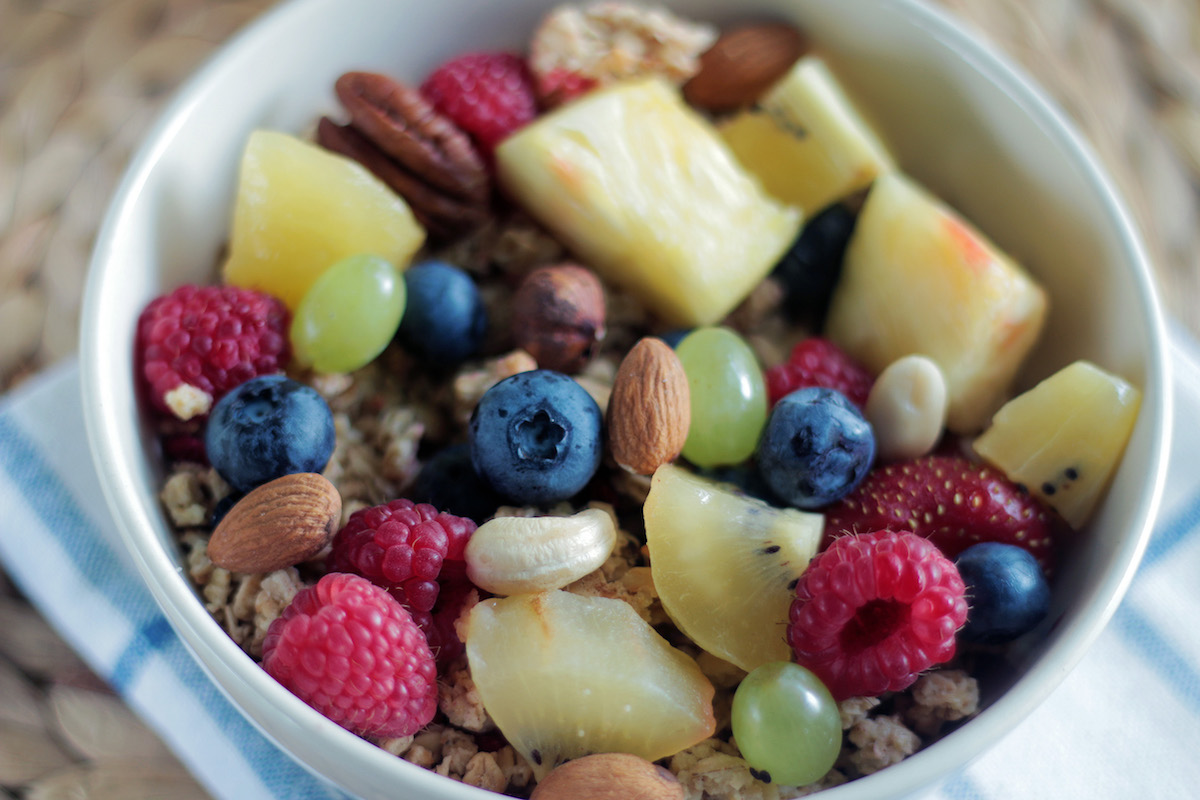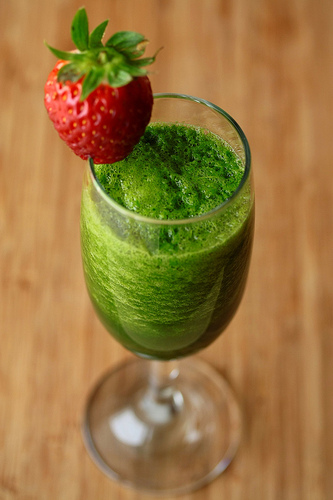Reading Time: 3 minutes
When someone says that they eat a 100% raw food diet it really doesn’t give us a great deal of information regarding the quality of their diet or whether it is appropriate for their individual health challenges. Someone could be eating 100% raw while living on raw chocolate, raw cookies, and raw ice cream! Obviously this is not a health-promoting diet as it is loaded in fat, sugar, and calories; a combination that can dramatically increase the risk of developing diabetes, heart disease, and cancer, among other health problems.
In comparison, another person may be consuming some raw foods such as fresh fruit and salads, in combination with certain cooked foods, such as steamed vegetables, baked potatoes, quinoa, and lentil soup. Even though the diet of the second person may only be 50% raw their overall dietary picture is much more supportive of health in general.
What it is important to remember is that just because a food is raw it doesn’t necessarily mean it will always be superior to another cooked food. Due to this mistaken belief, many raw foodists consume an excessive amount of nuts, oils, and dried fruits, when in actuality they would generally be much better off substituting some of these foods for healthy cooked foods such as steamed broccoli, lentils or sweet potatoes.
However, we do know that in order to overcome chronic illness, promote optimal immune function, and support long-term health it is absolutely vital to maintain a high intake of raw fruit and vegetables.
According to the results of one in-depth study of five hundred participants who consumed a diet containing a minimum of 80% raw food for a period of two years, immunity was improved by 93.4%, compared to a standard diet. In support of this research, as well as the knowledge gained from many years of experience, most raw food experts agree that in most cases it is necessary that the diet contains a minimum of 80% raw foods in order for benefits to be achieved in regards to promoting recovery from chronic illness.
It is also essential to consider that since we are all unique, there may be some people that require an even higher intake of raw foods in order to achieve a complete health recovery. It is quite likely that this could be a vital element to give certain individuals that extra edge they need so as to cross the threshold into optimal health.
Moreover, there are also some raw food advocates who maintain that a 100% raw diet is essential for health recovery and it may well be that this is necessary in certain situations. Max Bircher Benner, who is one of the founding fathers of the raw food movement, stated that people who are ill must eat 100% raw in order to completely recover. He asserted that only healthy people have the capacity to digest cooked foods, and even then cooked foods should comprise no more than 50% of the diet.
Jan Dries is another advocate of a strict raw food diet for healing purposes. In his book, The Dries Cancer Diet: A Practical Guide to the Use of Fresh Fruit and Raw Vegetables in the Treatment of Cancer
It is interesting to note however that Dries offers dieters some flexibility within the strict application of the diet. He states that it is a mistake to attempt to make the diet completely pure because this greater flexibility improves the enjoyment of food as well as promoting better digestion and this will ultimately result in more positive outcomes.



1 comment